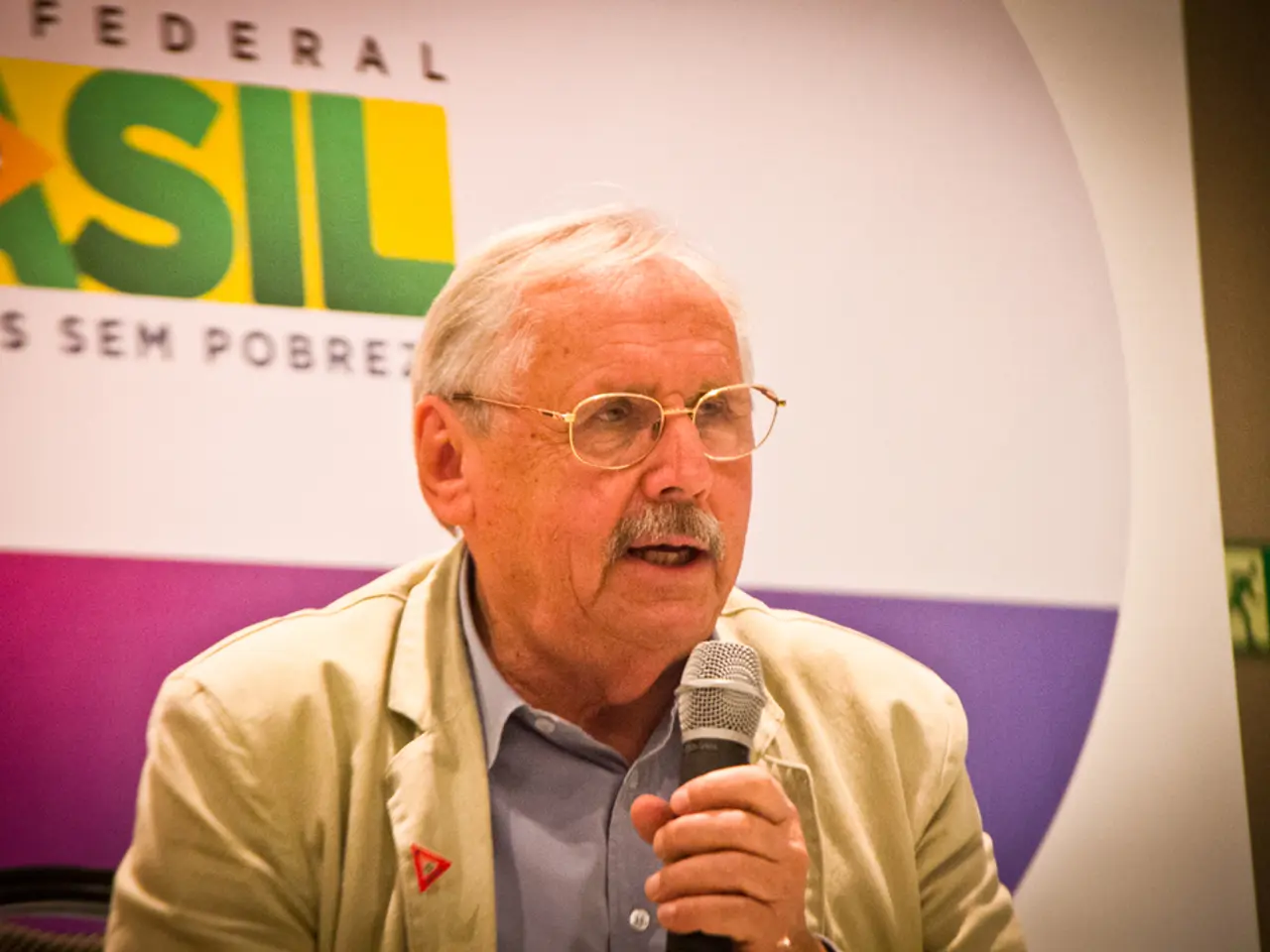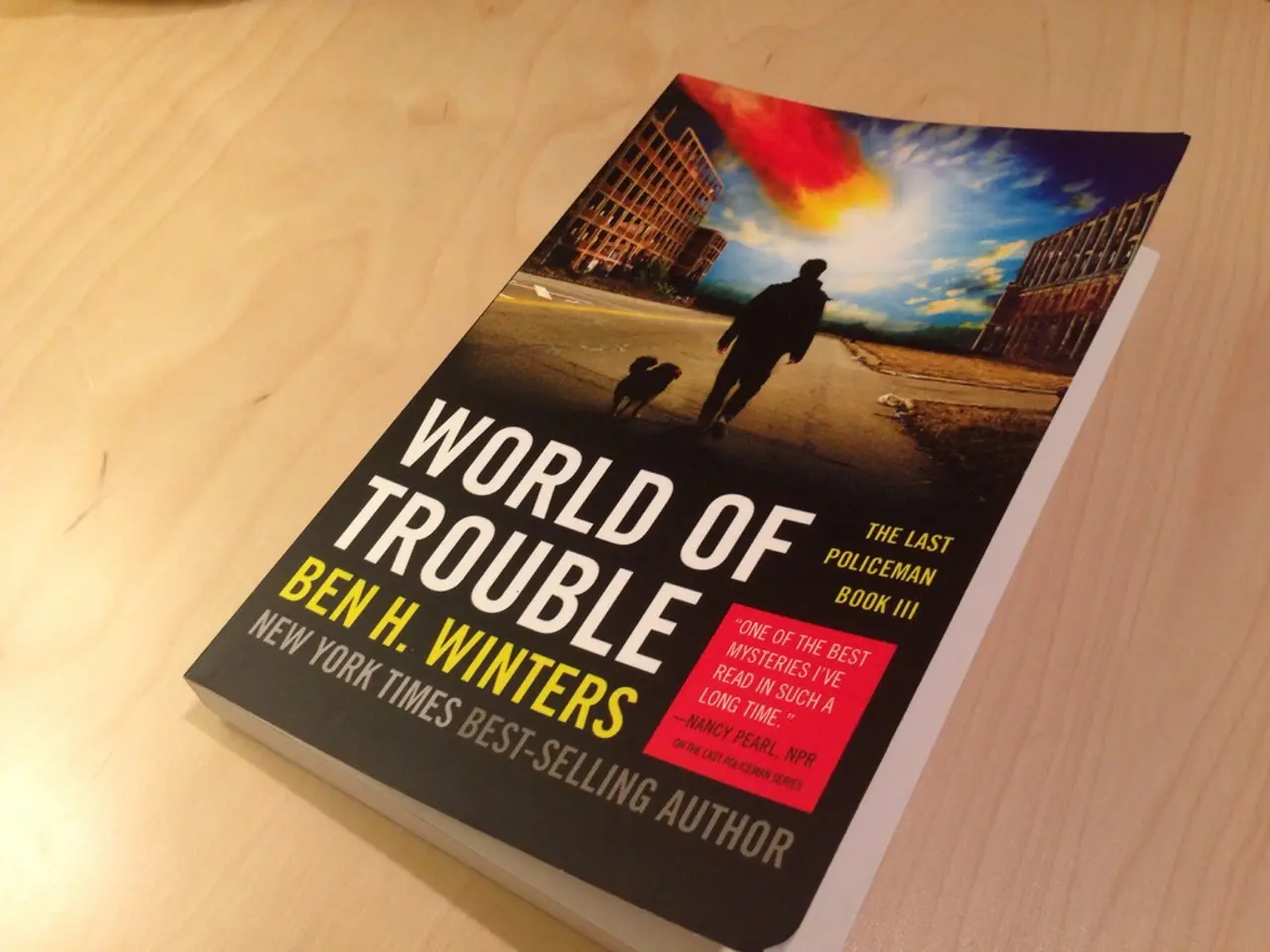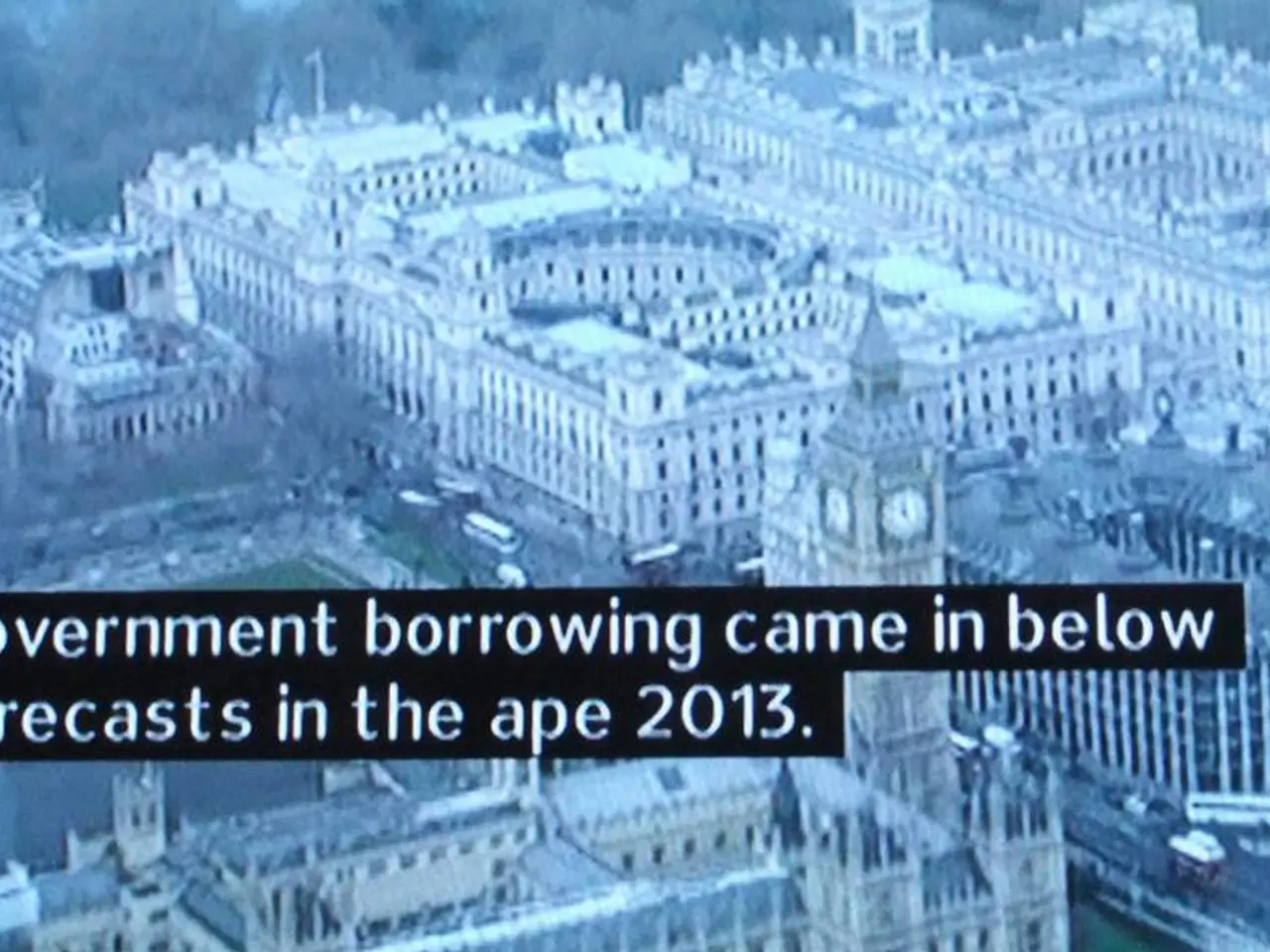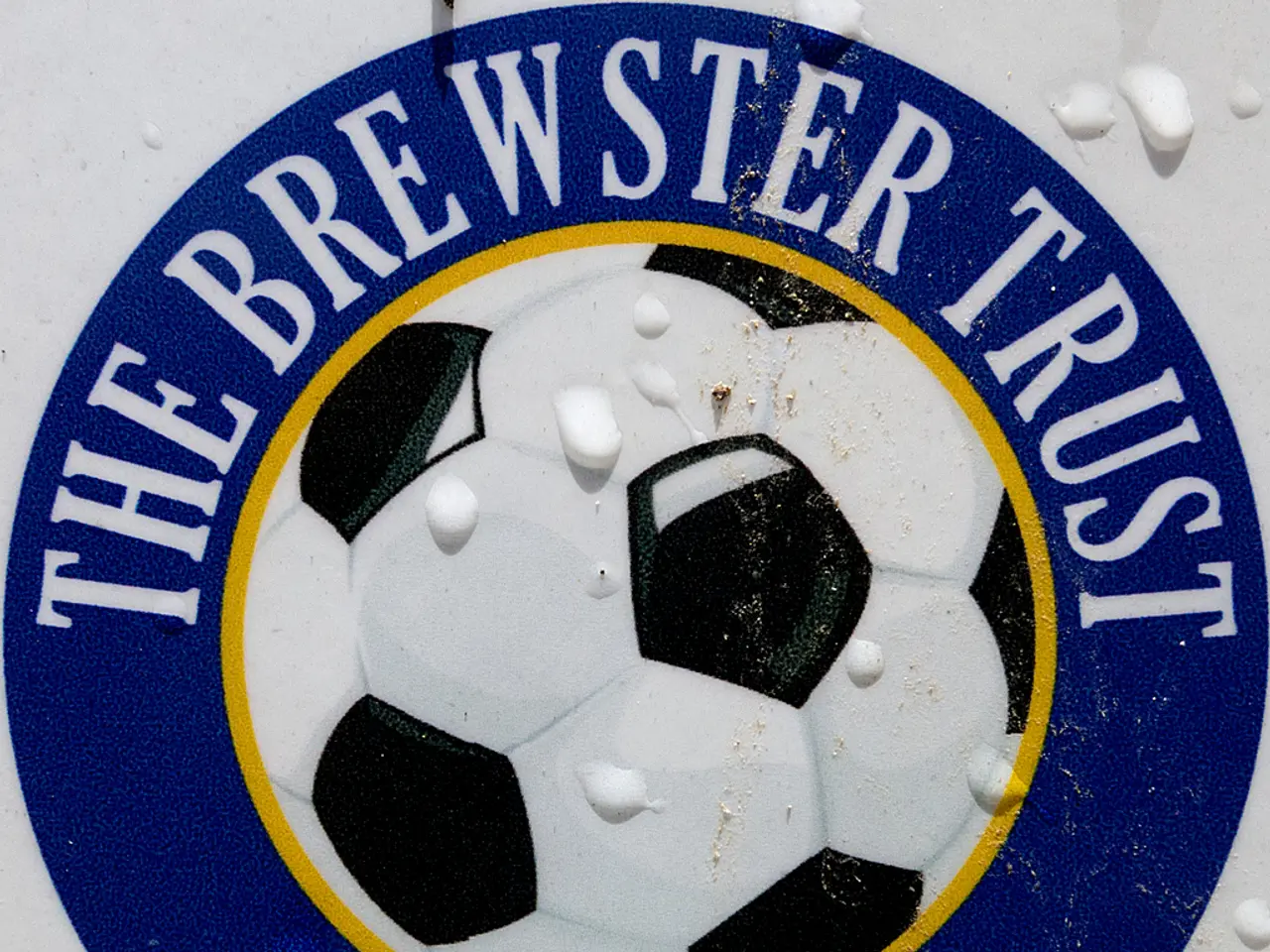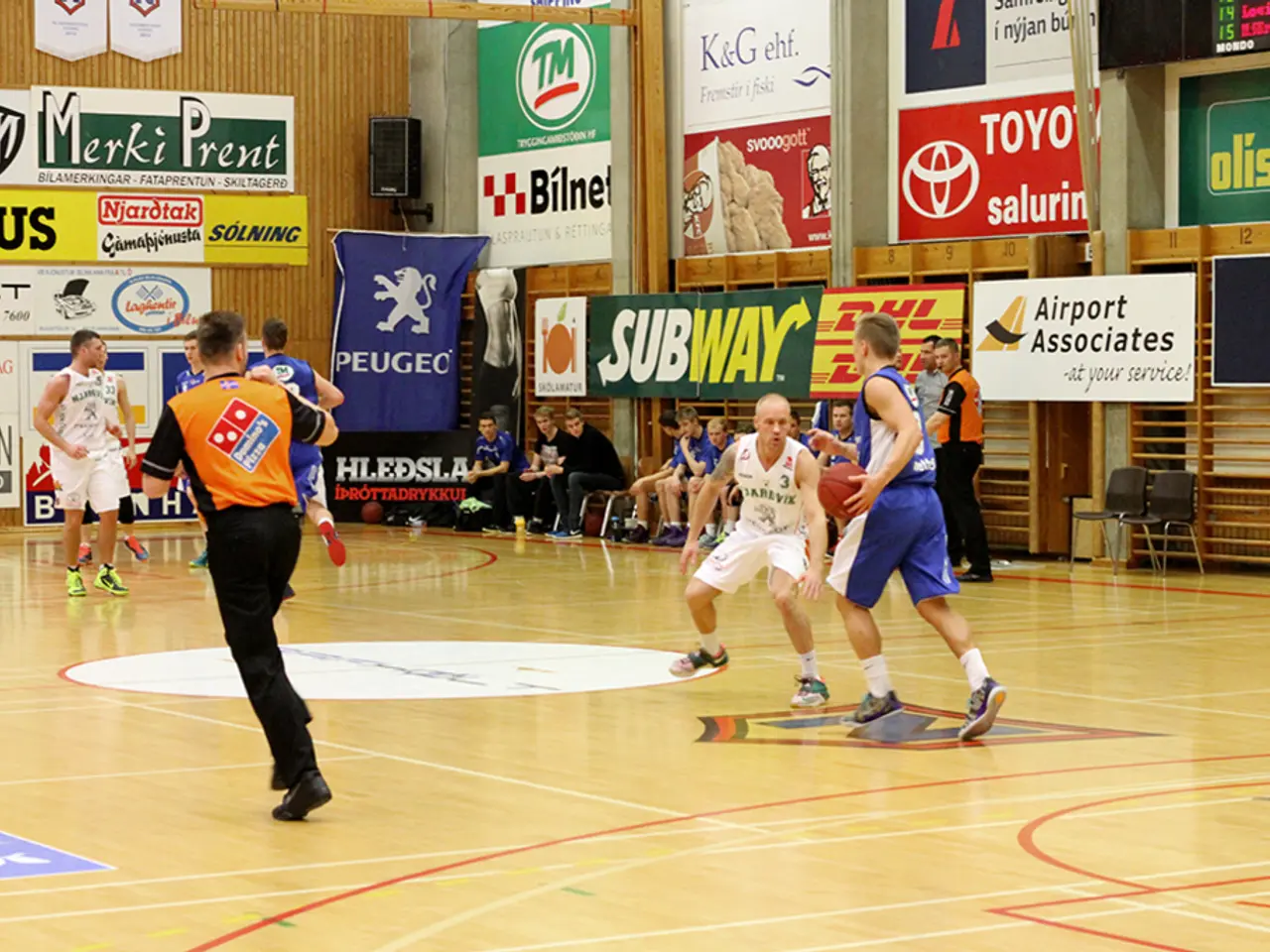Maintaining Harmony Among Diverse Cultures: A Study on Preservation
A harmonious multicultural society is more than just diversity acceptance - it's about shared aspirations, shared endeavors, and a sense of common purpose. Building such a community requires understanding and effort, especially as modern societal trends lead to further division. Here's a friendly guide to the challenge of promoting social cohesion in today's world.
Steering Towards a United Community
It's no secret that the fabric of many societies is weakening. In recent years, we've witnessed increased polarization in politics, widening economic gaps, and escalating conflicts over cultural identities. To combat these troubling trends, we need to tackle this issue head-on and rebuild a united, multicultural society.
Intertwined Lives and Respect
The key to fostering social cohesion lies in intertwining our lives from an early age and cultivating mutual respect. This starts with how kids grow up together, regardless of their cultural or social background. By sharing experiences, both positive and challenging, we build a foundation for understanding, acceptance, and unity.
Respect shouldn't just mean appreciation for differences; it's also about acknowledging each other's contributions to society. Encouraging collaboration, rather than competition, allows us to find value in everyone's unique skills and perspectives.
Weaving a Different Fabric
History has shown that social cohesion doesn't come naturally. It requires effort to ensure our societies don't regress as they advance economically. In many cases, this means weaving a different fabric, where diverse threads are woven into a single tapestry, creating a larger motif that embodies a nation's character.
This responsibility falls on multiple stakeholders: educators, politicians and government, civil society, religious and community leaders, the media, and citizens themselves. The common goal is to create opportunities for interaction, fostering an interweaving of lives and cultivating a sense of shared purpose.
Curbing Extremism and Polarization
A significant challenge to social cohesion comes from the rise of extreme political ideologies and polarizing forces. One concerning trend is the integration of culture and identity into economic grievances, which can lead to the spread of hate speech and exclusory agendas.
To combat this, we need to regulate social media platforms, holding them accountable for managing algorithmic amplification of disinformation and hate speech. Regulation doesn't mean suppressing freedom of speech, but rather ensuring a balanced, inclusive digital public square.
Revitalizing Public Life and Speech
Finally, fostering a united multicultural society requires cultivating a community of respect, where people respect each other's differences and uplift one another. This begins with everyday gestures like sharing meals, lending a friendly ear, and helping our neighbors.
Through these actions, we create a climate of respect that helps reinforce unity in our communities. By uplifting one another, we grow stronger together.
Conclusion: The Road Ahead
Promoting social cohesion in multicultural societies is a complex issue that requires a comprehensive and sustained effort. It involves fostering intercultural dialogue, encouraging cultural awareness, and creating inclusive civic spaces.
But most importantly, it requires a change in mindset - a shift towards understanding, empathy, and respect for others. With the right approach, we can weave a vibrant, resilient, and united multicultural society that celebrates differences while cherishing our commonalities. Together, we can rise above challenges and create a better future for all.
Engaging in policy-and-legislation that regulates social media platforms is crucial to curbing extremism and polarization, ensuring a balanced, inclusive digital public square.
Building a united multicultural society requires the combined efforts of various stakeholders, including educators, politicians and government, civil society, religious and community leaders, the media, and citizens themselves, in creating opportunities for interaction and fostering a sense of shared purpose.

